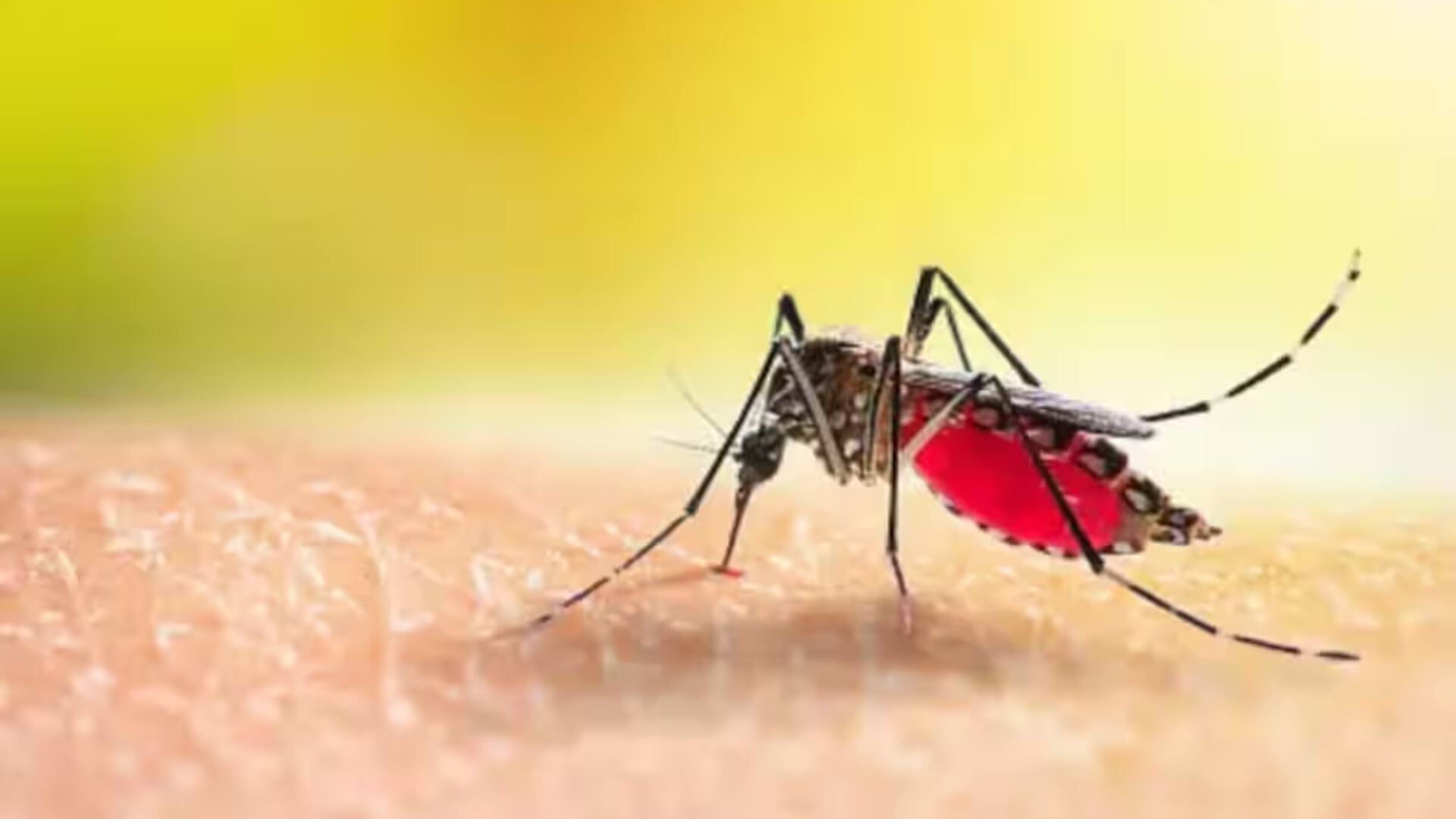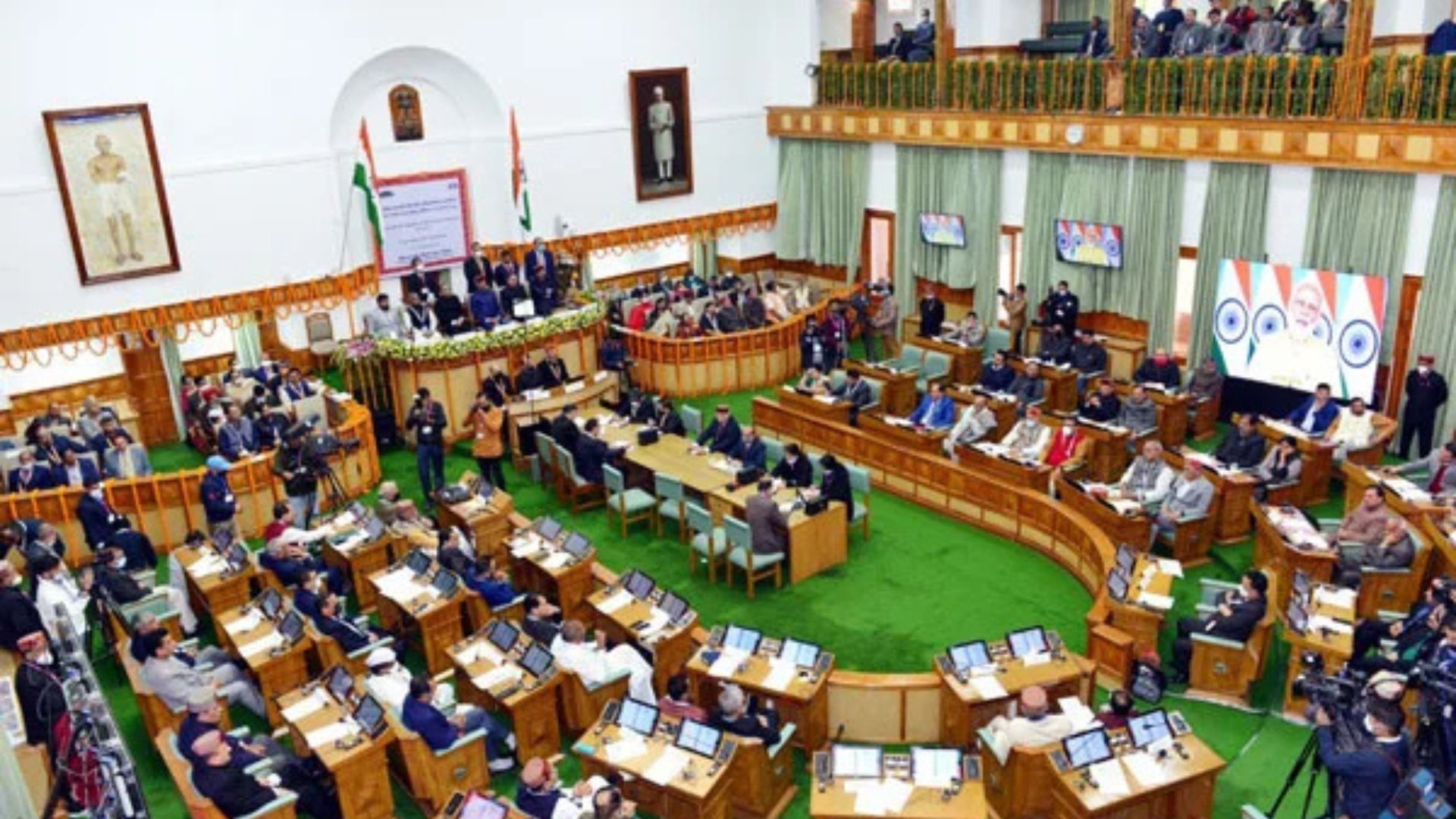
As the monsoon progresses and conditions become ideal for mosquito breeding, dengue outbreaks are surging in cities across Karnataka, Kerala, and Maharashtra. However, effective management of this disease is possible through vigilance.
Dengue fever manifests suddenly with fever, severe headache, eye pain, muscle and joint pains, nausea, vomiting, swollen glands, and a rash. These symptoms typically appear 4-10 days after a mosquito bite and can persist for 2-10 days.
Early diagnosis is crucial as dengue can progress rapidly to severe forms such as dengue hemorrhagic fever or dengue shock syndrome. These conditions involve a drop in platelet count and increased vascular permeability, potentially leading to shock, internal bleeding, and organ failure.
If experiencing the aforementioned symptoms, it is advisable to undergo the dengue NS1 antigen test or PCR tests initially. Later, on the fourth or fifth day when symptoms are prominent, the IgM antibody test is recommended. Regular complete blood counts (CBC) should be conducted, with platelet levels monitored on alternate days following diagnosis. Monitoring packed cell volume (PCV) is crucial as it indicates changes in blood viscosity, reflecting red blood cell increase or dehydration.
Patients often experience relief after fever subsides in about four to five days. Adequate hydration—through three to five liters of water, oral rehydration solutions, coconut water, and clear soups—is essential to compensate for fluid loss due to fever and vomiting. Severe dengue cases may necessitate intravenous (IV) fluid therapy in a hospital setting to manage plasma leakage.
Regular blood tests to monitor platelet and hematocrit levels are key in managing complications. Hematocrit, the percentage of red blood cells in blood, serves as a critical indicator in dengue—increased levels suggest plasma leakage, while decreased levels indicate bleeding. Significant drops in platelet levels may require medical intervention.
Hematocrit levels should be monitored every 24 hours for early detection of dengue hemorrhagic fever and every 3-4 hours in severe cases. Pain relievers like paracetamol can alleviate symptoms, while NSAIDs such as aspirin and ibuprofen should be avoided due to their potential to increase bleeding risk.
Rest is essential during recovery to avoid aggravating the condition. While a dengue vaccine (Dengvaxia) is available in some regions for individuals previously infected, trials are ongoing in India due to the challenge of addressing multiple virus strains with a single vaccine.














